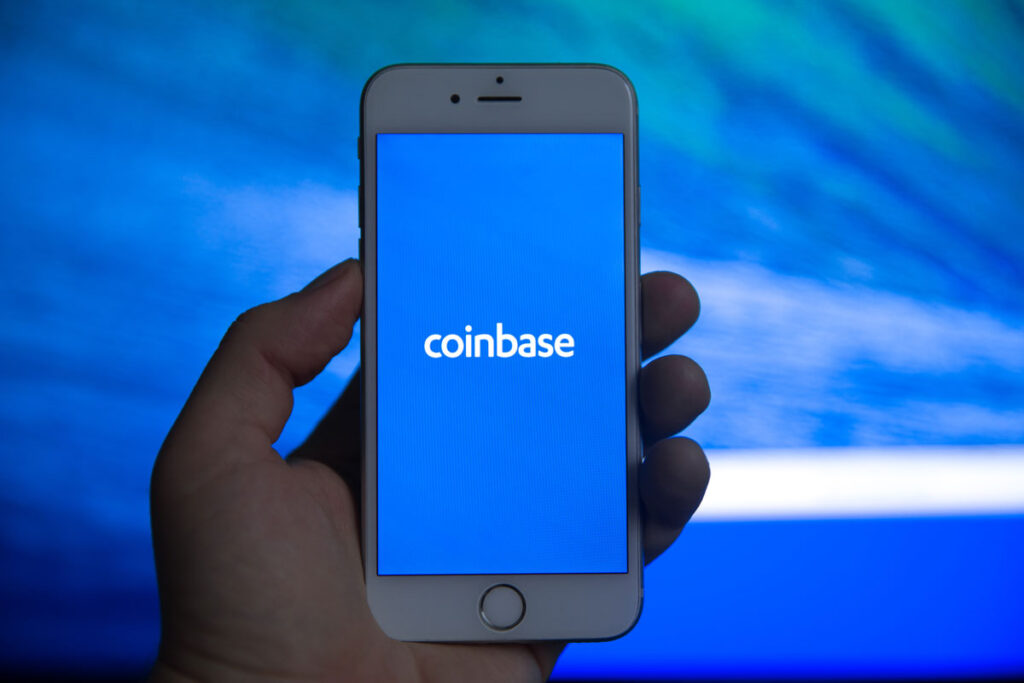Top Class Actions’s website and social media posts use affiliate links. If you make a purchase using such links, we may receive a commission, but it will not result in any additional charges to you. Please review our Affiliate Link Disclosure for more information.

Coinbase compliance settlement overview:
- Who: The New York State Department of Financial Services found Coinbase Inc. did not comply with certain security measures of the cryptocurrency exchange.
- Why: The department alleges that Coinbase failed to safeguard its system from bad actors and money laundering.
- Where: Coinbase will pay $100 million to the State of New York.
New York financial regulators found “significant failures” with one of the world’s largest cryptocurrency exchanges, resulting in a $100 million settlement.
According to the New York State Department of Financial Services, Coinbase Inc. did not adequately meet the security requirements relative to its rapid growth to safeguard against inherent risks posed by the crypto ecosystem. Among the findings was that Crypto had not conducted adequate annual Anti-Money Laundering risk assessments since 2017.
The New York State Department of Financial Services was established in 2015 and became the first financial regulator to establish a licensing and regulatory regime for virtual currencies such as crypto.
Coinbase obtained its license in 2017, according to the settlement. The department examined Coinbase’s systems from July 2018 through December 2019 and required Coinbase to hire an independent consultant to assess its compliance with laws and regulations. In February 2021, the duo released a report, for which Coinbase adopted a remediation plan to strengthen and fix compliance issues, according to the Coinbase settlement.
Coinbase’s growing pains led to lack of compliance, investigation found
In the ensuing months, Coinbase’s compliance system “failed to keep up with the dramatic and unexpected growth of Cointbase’s business and, by the end of 2021, was overwhelmed, with a substantial backlog of unreviewed transaction monitoring alerts, exposing its platform to risk of exploitation by criminals and other bad actors,” according to the consent order published by the department.
In February 2022, Coinbase once again agreed to retain a third party to review and address compliance shortcomings. The department said Coinbase made some improvements but not enough. The $100 million Coinbase settlement is to “both address the company’s violations of law and to ensure that Coinbases completes its remediation efforts and continues to invest in improvements to support an effective and sustainable compliance program,” the consent order states.
Coinbase’s exchange has more than 100 million worldwide users, and it employs more than 4,000 people. However, the company failed to properly vet its users and adequately monitor money laundering risks, according to the consent order.
By the end of 2021, Coinbase had a backlog of more than 100,000 unreviewed transaction monitoring alerts, and the backlog of customers who should have been vetted exceeded 14,000. The consent order notes the company had no way of raising flags for individuals who were convicted of sex crimes and that its systems did not pick up on a $150 million theft for six days.
Coinbase isn’t just facing heat from regulators. Consumers filed a class action lawsuit claiming it does not keep customers’ accounts secure.
What do you think of the Coinbase settlement? Does the company do enough to comply with regulations? Let us know in the comments!
Don’t Miss Out!
Check out our list of Class Action Lawsuits and Class Action Settlements you may qualify to join!
Read About More Class Action Lawsuits & Class Action Settlements:















10 thoughts onCoinbase to pay $100M for ‘significant failures’ in compliance
PLEASE ADD ME.
I had my account frozen because of GYEN stable coin on the Coinbase exchange. They froze my account and took away the ability to buy sell or trade. All while my assets dropped in price value Ali g with GYEN token. I had no way of getting rid of it trading any crypto to stop the losses. This went on for three weeks before they took the lock off of my account.
Please add me
please add
Does the people that actually want be added to it ever get added this is the 2nd or third time writing in reference same thing
I have had money coming up missing out my account over the years with coinbase I couldn’t make any deposits or transfer anything
It’s been several times I tried to get on coinbase to check my coins or move my coins and it says it has problems loading please check again later
N/A
I would like to be added to this
I want to be added to this!